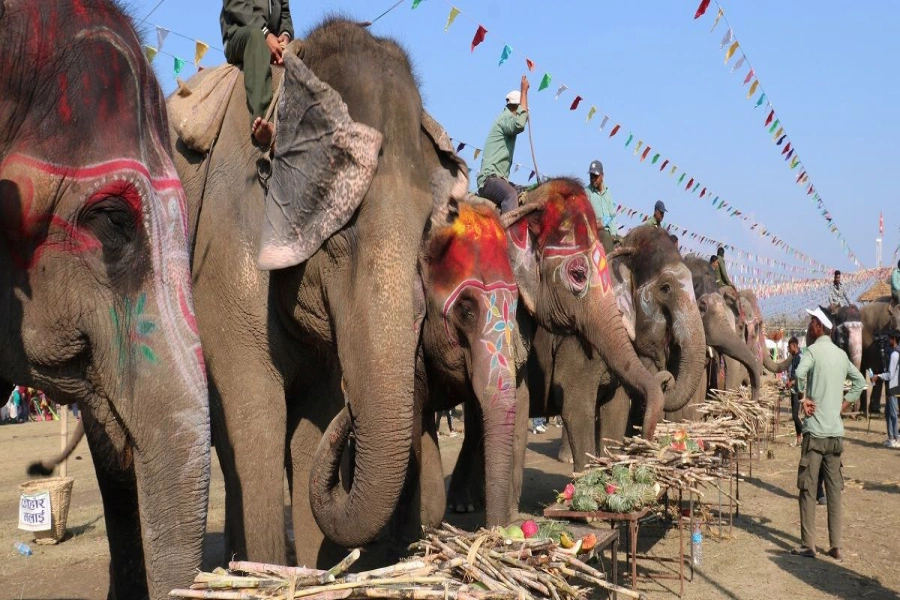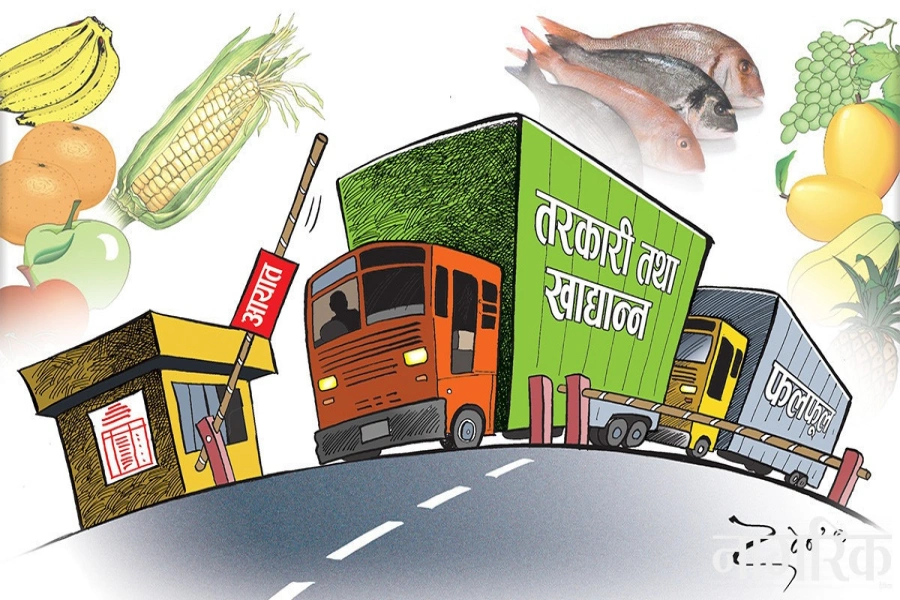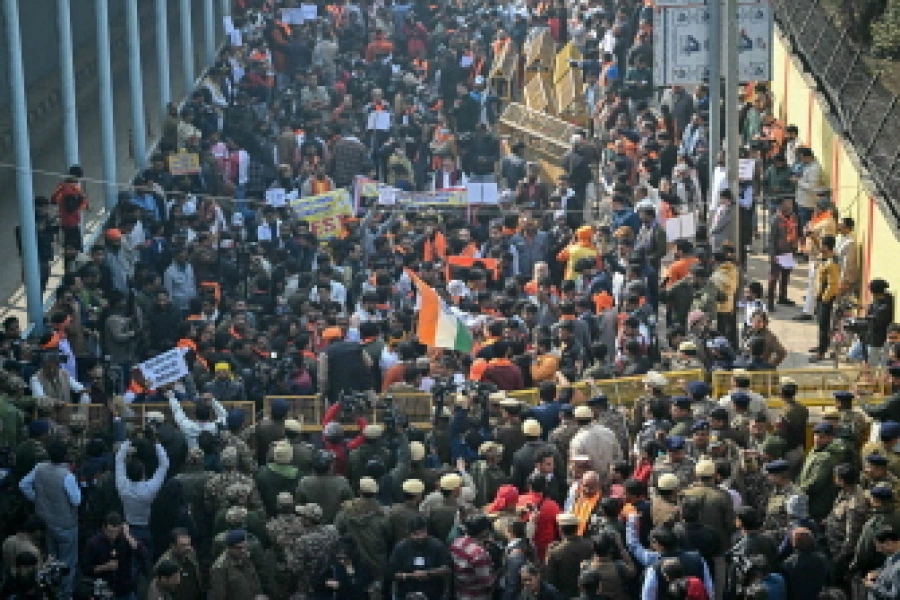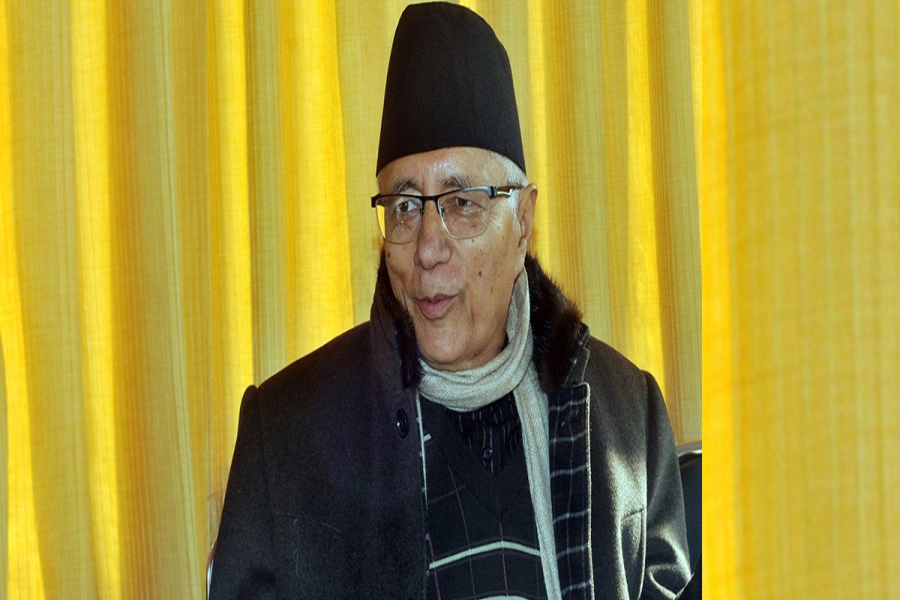KATHMANDU, Dec 9: The government in a bid to streamline non-filers of value added tax (VAT) and the taxpayers with arrears has stepped up efforts to halt the tax defaulters from carrying out export/import businesses.
A joint meeting of the Inland Revenue Department (IRD), the Department of Customs (DoC) and the Department of Revenue Investigation (DRI) on Sunday decided to take stern action against the VAT non-filers. The meeting has decided to take a number of measures to check the cases of revenue leakages and tax evasions.
As the government is facing slow revenue collection, these tax authorities have unified to take stern measures against the tax evaders. In the first four months of the current fiscal year, the government has collected only 22.58 percent of the targeted tax revenue out of the annual target of Rs 1.284 trillion under the heading.
Tax reform committee proposes increasing Social Security Tax to...

During mid-July and mid-November, the government collected only 80 percent of its revenue target. The revenue collection stood at only Rs 323.24 billion against the target of Rs 406.37 billion.
The government’s revenue collection appears pathetic in the past five years. In fiscal year 2023/24, the revenue collection was only 74.44 percent of the target, while it was 68.23 percent in 2022/23. Likewise, only 90.24 percent was collected in 2021/22; 92.50 percent in 2020/21 and 71.38 percent in 2019/20.
On the other hand, the cases of non-filers of VAT have been increasing. According to the IRD, 21.63 percent of the taxpayers did not submit their details at the department in FY 2022/23, which was almost three times of 7.46 percent in the previous year.
The joint meeting also decided to make the mechanism at the local level of Nepal-India border more active and effective to check cross-border revenue leakages. All the three tax authorities have reached a consensus to check transactions being carried out without tax invoices.
Strict monitoring of the suspicious transactions, interdepartmental information sharing, and identification of new trends of revenue leakages seen in the market are among the measures that the three bodies have sought to implement. The departments have agreed to effectively conduct joint market inspections to monitor post-customs clearance movement of transport vehicles.






































